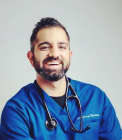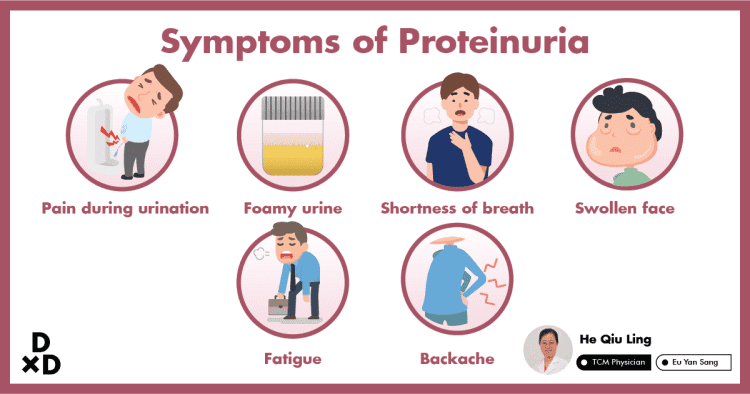From a biomedical perspective, a stroke occurs when blood supply to the brain is interrupted, causing brain cells to lose their function thus leading to the signs and symptoms commonly observed. There are two main types of stroke:
- Ischaemic stroke occurs due to blockage of blood vessel, limiting blood flow to the brain. It is the most common, accounting for 74% of stroke in Singapore.
- Haemorrhagic stroke occurs due to rupture of blood vessel, causing bleeding into the brain. This makes up 24% of stroke in Singapore.
Prevention of stroke
There are two aspects in prevention - fresh occurrence (people who did not have a stroke before) and reoccurrence (people struck with stroke before). Among TCM community, it is generally accepted that the five TCM entities associated with stroke are Wind (风), Fire (火), Phlegm (痰), Stagnation/Stasis (瘀) and Deficiency (虚) respectively.
Post-stroke rehabilitation
Besides undergoing standard care pathway for stroke defined by western doctors, patients can also receive TCM treatment as a complementary form of support to maximize recovery. It is noteworthy that treatment such as acupuncture should be carried out as frequently as three times per week during the first three months post-stroke as the recovery of brain damage is most active during this period. Types and degrees of disability that follow a stroke depend upon which area of the brain is damaged.
How we help stroke patients here at Oriental Remedies Group?
Besides treating stroke patients for their existing condition, we believe that prevention is always better than cure and adopt a holistic approach from administering acupuncture, cupping treatment to advising on all facets of lifestyle including diet, exercise, sleep and emotional health.
Cupping is often used for stroke rehabilitation in Asian countries. In a systematic review of 43 studies, although there are not enough trials to provide evidence for the effectiveness of cupping for stroke rehabilitation, cupping therapy has shown positive effects on hemiplegic shoulder pain and high upper-limb myodynamia after stroke, as well as aphasia and intractable hiccup after stroke.
British Acupuncture Council shares that studies suggest that acupuncture may help in a wide range of post-stroke symptoms such as functional recovery in general, motor function, cognition, speech problems, dysphagia, shoulder pain, urinary incontinence, constipation, depression, fatigue and as a preventive intervention for ischaemic cerebral apoplexy.




